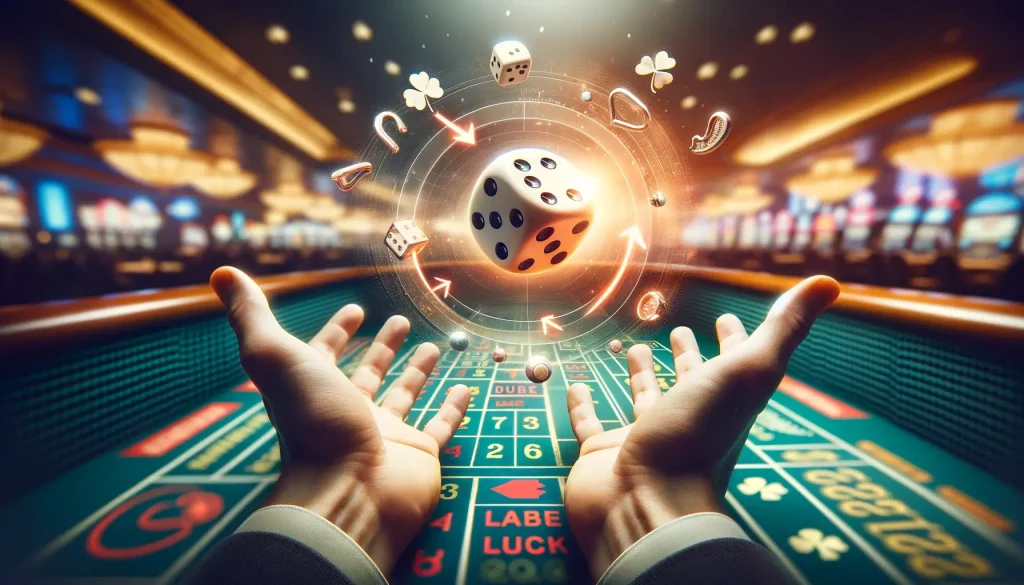
Understanding the Gambler's Fallacy: How Our Minds Trick Us at the Casino
The gambler's fallacy, a common misconception in the realm of probability and gambling, significantly influences player behavior in casinos worldwide. This psychological phenomenon occurs when individuals believe that past events can influence the likelihood of future outcomes in random processes. This article delves into the gambler's fallacy, exploring how it manifests in casino settings and the psychological underpinnings that make players susceptible to it.
The Gambler's Fallacy Explained
At its core, the gambler's fallacy is the belief that if something happens more frequently than normal during a given period, it will happen less frequently in the future, or vice versa. For instance, after witnessing a string of red outcomes on a roulette table, a gambler might erroneously believe that black is due to occur next, despite each spin being independent and the odds remaining constant.
Psychological Roots
The gambler's fallacy is deeply rooted in our psychological desire for patterns and predictability. Humans are pattern-seeking creatures, and this bias toward detecting sequences and regularities often leads us astray in environments governed by chance. The fallacy stems from a misunderstanding of the law of large numbers and the independence of random events.
Casino Designs and the Gambler's Fallacy
Casinos expertly design environments that exacerbate the gambler's fallacy. From the layout of games to the information displayed on electronic boards, casinos can subtly encourage the belief in due outcomes. For example, electronic displays at roulette tables highlighting the last dozen outcomes can prompt players to bet based on perceived patterns rather than true odds.
Combatting the Gambler's Fallacy
Understanding the gambler's fallacy is the first step toward mitigating its effects. Gamblers can combat this bias by:
- Embracing the independence of random events: Recognizing that each event in games of chance is independent can help rationalize betting decisions.
- Educating themselves on probability: A deeper understanding of probability and how odds work can demystify outcomes and reduce susceptibility to the fallacy.
- Setting strict limits: Establishing firm boundaries for time and money spent at the casino can prevent the escalation of losses due to fallacious beliefs.
Conclusion
The gambler's fallacy is a potent illustration of how our cognitive biases can distort our perception of randomness, leading to flawed decision-making in gambling contexts. By recognizing and understanding this fallacy, gamblers can adopt more rational approaches to gambling, focusing on informed strategies over fallacious beliefs.

FAQs
1. Does the gambler's fallacy only apply to casino gambling?
No, the gambler's fallacy can occur in any scenario involving random events, from sports betting to lottery drawings.
2. Can experienced gamblers overcome the gambler's fallacy?
While experience can increase awareness of the gambler's fallacy, no one is immune. Continuous education and mindfulness are key to overcoming it.
3. How do casinos capitalize on the gambler's fallacy?
Casinos use various design elements and marketing tactics that highlight past outcomes to exploit the gambler's fallacy, subtly encouraging players to make bets based on perceived patterns.
4. Are there strategies to avoid falling for the gambler's fallacy?
Yes, strategies include understanding the independence of random events, learning about probability, and setting clear gambling limits to avoid making decisions based on fallacious reasoning.
